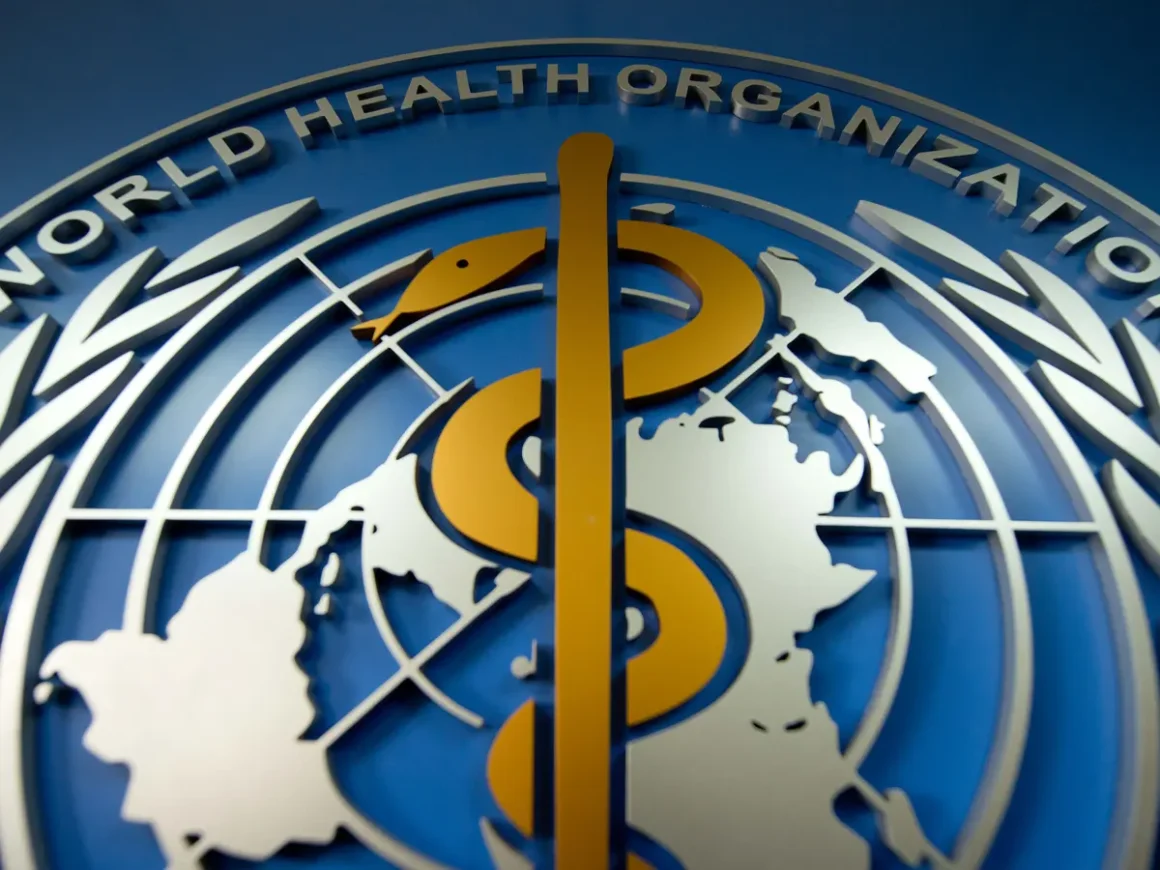The World Health Organization (WHO) has identified social connection as crucial for global health. This significant decision responds to the rising awareness about the impact of social isolation and loneliness on our physical and mental well-being. By acknowledging the value of social connections, WHO aims to tackle a pressing health issue that affects millions globally.
Importance of Social Connection
Social interaction is essential for good health and overall well-being. Studies show that people with strong social ties experience fewer issues with depression, anxiety, and other mental health problems. Moreover, social connections can lower stress, boost immune health, and increase lifespan. By making social connection a global health focus, WHO underscores the importance of personal relationships in living a healthy, fulfilling life.
Understanding The Impact of Social Isolation
The COVID-19 pandemic has brought social isolation to the forefront. Lockdowns, travel bans, and social distancing have increased feelings of loneliness for many. Prolonged isolation can seriously harm both physical and mental health, raising risks for heart disease, strokes, and cognitive decline. WHO’s decision to focus on social connection highlights the urgent need to address this growing problem.
Strategies for Enhancing Social Connection
Combatting social isolation involves actions at individual, community, and policy levels. Keeping in touch with friends and family, joining group activities, and volunteering can all strengthen social ties. Creating environments that encourage social interactions can help reduce loneliness. On a policy level, initiatives that promote community engagement and social cohesion can lead to more resilient, connected societies.
Addressing Vulnerable Populations
Some groups are more prone to social isolation than others, such as the elderly, those living alone, people with disabilities, and marginalized communities. By focusing on social connection, WHO aims to address the unique needs of these vulnerable groups, ensuring they have the support and resources to build meaningful relationships.
WHO’s declaration of social connection as a global health priority is a crucial step in fighting social isolation and loneliness. By stressing the importance of interpersonal relationships for health and well-being, WHO sends a strong message about their value in today’s fast-paced, digital world. Individuals, communities, and policymakers must collaborate to foster social connection and create a more supportive society for everyone.

